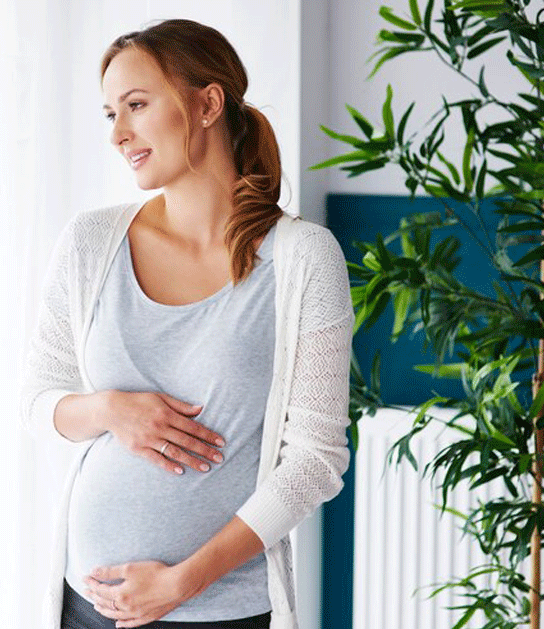
- Call us : +93602 - 04172
- Email : jjhospital86@gmail.com

Urinary bladder is situated in the pelvis between the pelvic bones. When the muscles that support the pelvic region are strained, in cases such as, during vaginal childbirth or chronic constipation, then it may result in anterior prolapse. What is it? An anterior prolapse also called bladder prolapse or cystocele is a condition where the bladder is herniated into the vagina making it appear like a bulge. This occurs when the supportive tissues of the vagina become frail and stretched.
The muscles, ligaments and connective tissues in the pelvic floor holds up the bladder and other pelvic organs. Any damage to these muscles or ligaments present between the pelvic floor and bladder may weaken and stretch the bladder and vaginal walls which ultimately nudges the displacement of the bladder into the vagina. Below are certain factors that may weaken the pelvic muscles :-
Pregnancy and Vaginal Delivery.
Overweight or Obesity.
Heavy Lifting of the Object.
Repetitive Straining During Bowel Movements.
Inappropriate Gym Exercises.
Chronic or Violent Coughing.

The symptoms of moderate to severe anterior prolapse would include :-
1 . Pregnancy and Vaginal Delivery.
2 . Overweight or Obesity.
3 . Heavy Lifting of the Object.
4 . Repetitive Straining During Bowel Movements.
5 . Inappropriate Gym Exercises.
6 . Chronic or Violent Coughing.
A physical examination and certain laboratory tests are absolutely necessary. These examination would allow the doctor to grade the prolapse and ascertain the pelvic floor muscles. The doctor may heavily recommend bladder and pelvic ultrasound to rule the presence of any masses applying pressure on the bladder and also evaluate the muscle function. Urinalysis may be proposed to look for any symptoms of infection in the bladder. Ultrasound of the pelvis. Imaging tests. Blood tests.
In cases of asymptomatic bladder prolapse, treatment is not necessary. However, implementing certain lifestyle modifications could pave the way in preventing or worsening the condition. In moderate anterior prolapse, the following therapies are highly recommendable.
Some of the Adverse Factors which might Increase the risk of Developing Anterior Prolapse or Cystocele are:
Refraining from lifting heavy objects. Performing regular exercise such as walking, swimming or bike riding, instead of running, jumping or high-impact aerobics. Increasing the amount of fiber consumption and water intake to prevent constipation. Practicing pelvic floor exercises to strengthen the muscles that support the organs in the pelvic cavity. Managing the weight in a healthy range because obesity may worsen the condition.
If the anterior prolapse or cystocele is associated with urinary incontinence, your doctor may recommend a procedure that supports the urethra and resolving the incontinence symptoms.

JJ Hospital has set a benchmark in Infertility care and success, maternity care, ensuring the well-being of both mother and child.The hospital boasts a team of highly skilled obstetricians, gynecologists,
Read More
Dr.G.SUJEETH M.B.B.S.,M.D(OBG).,FMAS.,
Obstetrician & Gynaecologist Laparoscopic Surgeon
Asst.Professor,
O & G Dept,
Govt. Tiruvannamalai Medical College & Hospital
Email:jjhospital86@gmail.com

VISITING HOURS :
09:00 am - 08:00 pm

